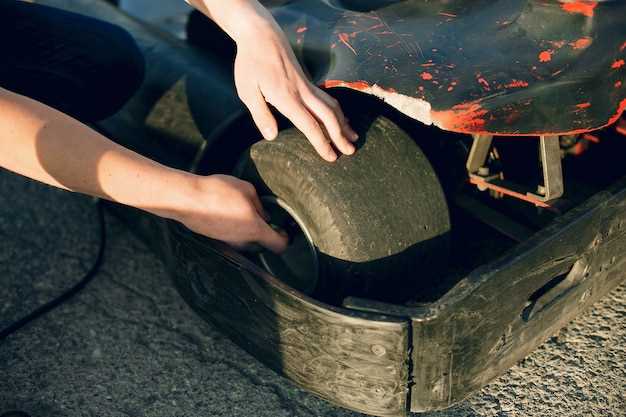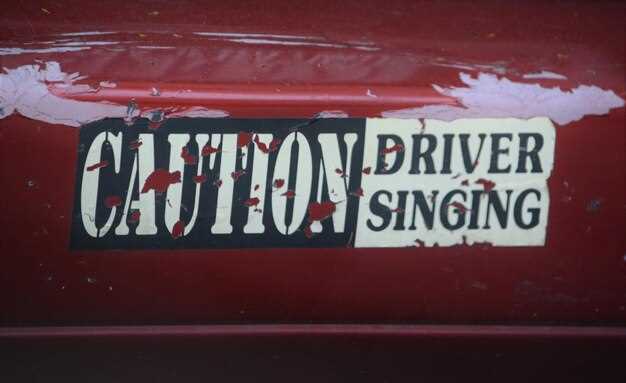
As a proud Jeep owner, you understand the importance of a well-functioning vehicle, capable of tackling various terrains. The suspension system plays a critical role in ensuring comfort, stability, and handling. However, over time, this essential component can develop issues that may require immediate attention. Recognizing the signs of suspension problems can help you avoid costly repairs and ensure your Jeep operates smoothly.
Neglecting suspension repairs can lead to deteriorating performance and safety concerns. A compromised suspension may affect your vehicle’s ability to absorb shocks, resulting in a bumpy ride and increased wear on other parts. By staying alert to potential warning signs, you can identify when your Jeep needs professional care.
This article will outline seven crucial indicators that your Jeep’s suspension system may be in need of repair. Being knowledgeable about these signs enables you to take proactive measures, preserving not only your Jeep’s integrity but also your driving experience.
Identifying Unusual Sounds When Driving
When driving your Jeep, it’s essential to pay attention to any unusual sounds that may indicate underlying suspension issues. The suspension system is critical for maintaining a smooth and safe ride; therefore, any abnormal noises could signal a need for repairs.
One common sound to look out for is a clunking noise. This can indicate worn-out or damaged suspension components, such as control arms or bushings. If you hear this sound when hitting bumps or during turns, it’s a clear sign that your suspension requires immediate inspection.
Another sound to note is a creaking or squeaking noise, particularly when you press down on the suspension or go over uneven surfaces. This often points to a lack of lubrication or worn-out components, such as the shocks or struts, which should be addressed promptly to avoid more severe problems.
Also, listen for a rattling noise while driving on rough terrain. This may suggest loose parts within the suspension system, including bolts or brackets, which can lead to further damage if not fixed. Ignoring these sounds could result in costly repairs down the line.
In summary, being vigilant about unusual sounds while driving is crucial for the health of your Jeep’s suspension. Addressing any abnormalities early on can help maintain both performance and safety on the road.
Recognizing Changes in Steering Response

One of the most essential indicators that your Jeep may need suspension repairs is a noticeable change in steering response. When driving, if you find that your Jeep does not handle turns as precisely as it once did, or if there is an unusual delay between your steering input and the vehicle’s reaction, it could signify suspension issues.
Moreover, an increase in steering effort, particularly when navigating corners, might indicate that something is amiss with the suspension system or the alignment. If the steering wheel feels loose or exhibits excessive play, it can further suggest that components such as tie rods or ball joints might be worn out, leading to compromised steering integrity.
Listening for abnormal sounds can also help you identify steering issues. If you hear clunks, pops, or grinding noises while turning, these could be signs of suspension wear or failure. Ignoring these symptoms can lead to more severe repairs down the line, making early detection vital for maintaining your Jeep’s performance.
Observing Uneven Tire Wear Patterns

Uneven tire wear patterns on your Jeep can serve as a critical indicator of underlying suspension issues that may require immediate repairs. When tires wear unevenly, it suggests that the weight distribution across the wheels is not balanced, which can stem from misaligned suspension components or worn-out parts.
Common signs of uneven tire wear include bald spots on one side of the tire, excessive wear on the inner or outer edges, or a cupped appearance. These patterns not only compromise the handling of your Jeep but can also lead to more severe problems if left unchecked, including reduced traction and safety risks while driving.
To address these issues promptly, it is essential to inspect your suspension system regularly. If you notice any signs of uneven tire wear, consider taking your Jeep to a professional for an in-depth evaluation. Timely repairs can enhance performance, extend the lifespan of your tires, and improve overall safety on the road.




